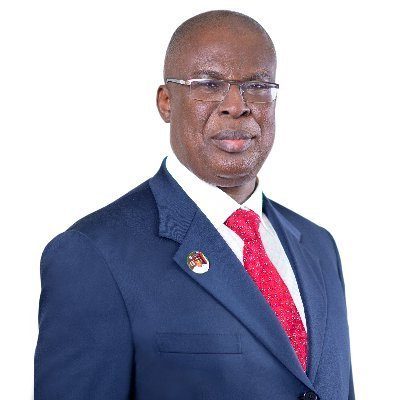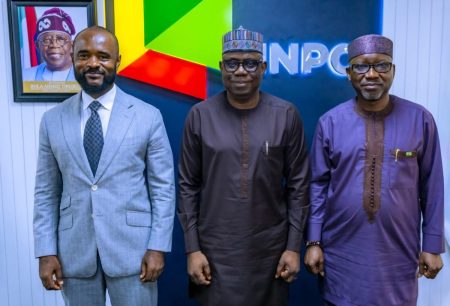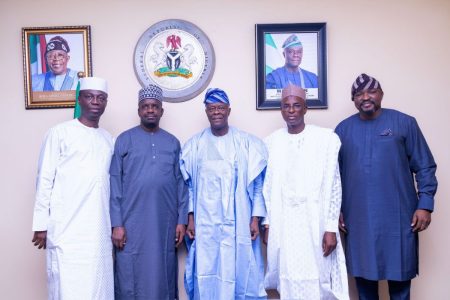
OpeOluwani Akintayo
Lagos — The Minister of States for Petroleum Resources, Timipre Sylva has made an urgent case for gas utilisation in the country.
He made the case in a keynote address at the virtual 26th Nigerian Economic Summit on ‘Domestic Gas Utilisation and Commercialisation: Implementing the NDC Sectoral Action Plan for Energy’ held on Thursday.
According to the Minister, with the current drive of government to establish a fully deregulated Premium Motor Spirit, PMS market, it is imperative to ensure that Nigerians have access to alternative fuels which are cheaper and give great value to the consumer.
As such, vehicles can be retro-fitted to run on Liquified Petroleum Gas, LPG, Liquified Natural Gas LNG or Compressed Natural Gas, CNG which, according to him, are cheaper than PMS. “Generators can also be retrofitted to utilize dual fuels”, he said.
“The NGEP is working assiduously to ensure that Nigerians can have access to these alternatives in the coming months. You will recall that I had directed that vehicles within my fleet and all the fleet of all heads of agencies under the Ministry be retro-fitted to utilize Autogas”.
This he explained, is to show the Nigerian people “our commitment to this process and prove to them that it works”.
The NGEP is the current flagship program of the Ministry that seeks to promote the domestic utilization of natural gas. This is however without prejudice to all ongoing initiatives for the promotion of natural gas utilization within the Ministry and its Agencies. The NGEP has subcommittees on Autogas, Domestic LPG (Cooking Gas), CNG, LNG and Gas Based Industries.
With autogas, the Minister said Nigerians will make significant cost savings in comparison to PMS at the current price levels.
“It is also hoped that lifting the demand on PMS in-country may aid a downward price adjustment considering the normal forces of demand and supply”.
“With autogas usage, the following are net benefits for Nigeria: Autogas Is a cleaner fuel for a greener Nigeria, it is the eco-friendly option, it is a weapon against climate change; It is part of a more secure Nigerian energy mix; it serves as an economic alternative; it is seen as part of Nigeria’s socio-economic fabric and a wealth of untapped potential”, he said.
He added that under the National Gas Expansion Programme, NGEP, government has also engaged multiple stakeholders across the gas value chain and hope to roll-out/launch some pilot autogas stations across the 6 geo-political zones.
In addition to the obvious benefits of this initiative, Sylva said it is expected that this will inject much needed jobs into the economy in line with the Presidential mandate to lift Nigerians out of poverty.
Although Nigeria holds one of the largest gas reserves in Africa, it has one of the lowest energy consumption per capita in the world.
Traditional rulers order oil coys to remit 3% contribution to NDCC
Nigerian Gas Reserves were at 200.79TCF as at 1st January 2019 with associated gas reserves slightly above 50% and a total life reserves index of 92 years as at 2018. Average daily production for gas stood at 7.97BCF/D in the reference year.
There is also the grim picture of being one of the top ten global gas flaring nations with flared gas put at 321.29BCF representing around 10% – 11% of total produced gas.
The above prompted the development of the National Gas Policy, NGP which set the plans and strategy for the development of the Gas Sector.
The Nigerian Gas Flare Commercialization Programme, NGFCP is designed as the strategy to implement the policy objectives of the federal government of Nigeria for the elimination of gas flares from Nigeria’s oil and gas fields in the near term (2-3 years), with potentially enormous multiplier and development outcomes for Nigeria. It is also designed as the contribution of the petroleum sector to Nigeria’s Intended Nationally Determined Contributions, INDC under the Paris Agreement, COP21.
According to the Minister, the NGFCP is a unique and historic opportunity to attract major investment in economically viable gas flare capture projects whilst permanently addressing a 60-year environmental problem in Nigeria.
“The gas we flare is an important part of the global energy transition, the closest ally to renewables” he said.



